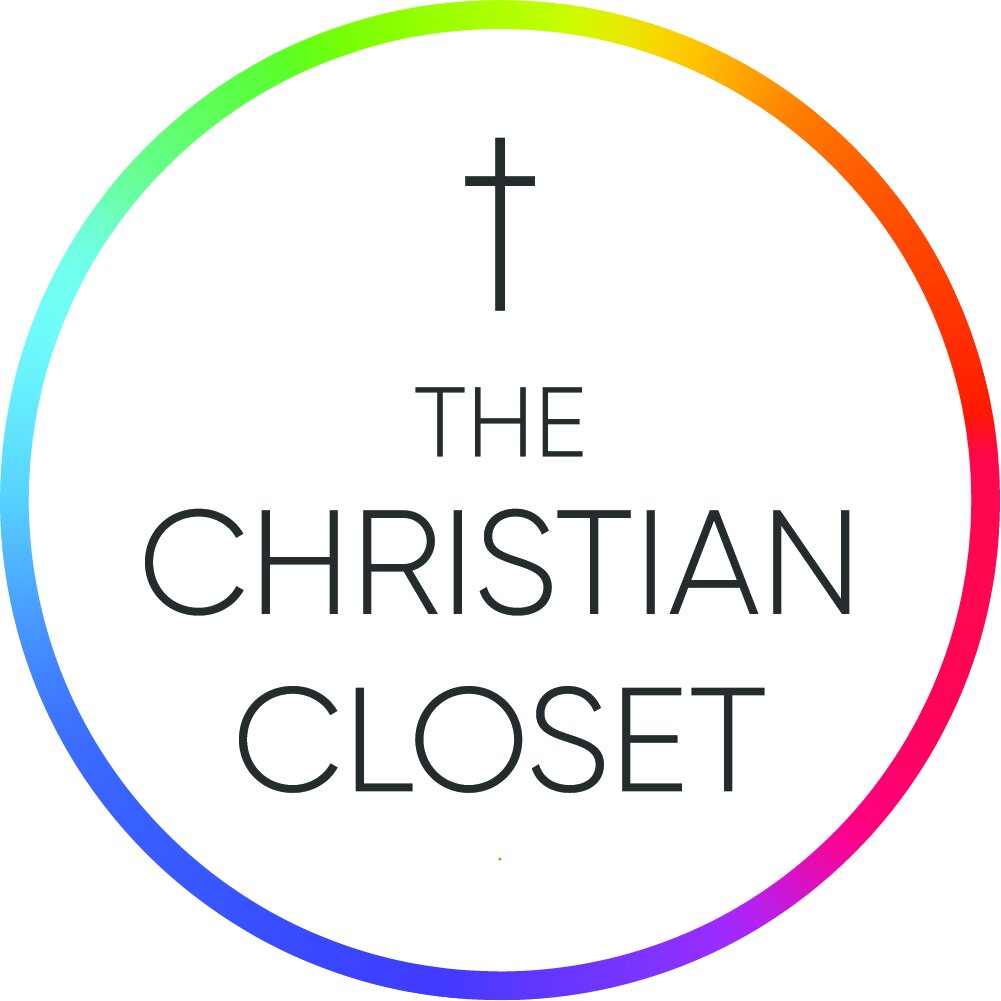Boundaries and being LGBTQ+
Boundaries: It’s become a buzz word in our culture. In my role as a therapist, it’s one of the most talked about topics with people. When I’m working with people who are both Queer and come from a Christian context, boundaries with non-affirming people almost always surfaces at some point in our work together. In my last post, I explored ways to navigate relationships with non-affirming friends and family. Setting boundaries is one of those ways. In spite of how common this concept is in our culture, people often feel shaky about how to actually do it. So, here are a few tips:
Lead with love. If this is a person you want to keep in your life, chances are you already believe them to be a kind, loving person. So, let that be the place from which you start. Assume positive intent when approaching them. This can sound like, “I know you love me and just want the best for me.” Or, “I understand how scary it must be to worry that my relationship with God is in jeopardy. Your love means so much to me.”
Own your own experience without projecting. This may be one of the hardest parts of setting boundaries. We often approach boundaries from a place of defensiveness because we are feeling hurt. This defensiveness can create a tone the other person may follow. Instead, if we speak from a vulnerable place of sharing our experience, it tends to help the other person find the courage to be vulnerable as well. Ways to do this can be to say something like, “I feel like the things that are important to me don’t matter to you when you change the subject after I mention my partner. When that happens, I feel like I don’t matter to you. I’m feeling hurt by this. Can we talk about it?” If a person is truly a safe person, most of the time a statement like this evokes empathy and compassion, which is a great starting place for a hard conversation!
Invite conversation. Building off the previous statement, you have an opportunity to have a conversation that fosters understanding. Continuing to share from a place of owning your experience, the other person has an invitation to deepen their connection with you and to also share their feelings. Of course, not everyone will be in a place to engage in a conversation like that, which brings us to the last point.
Advocate for your needs. Unfortunately, there are times when a person who is not affirming simply can’t hear what you have to say. Their own fear gets in the way of seeing the hurt they are causing, and they pile on more hurt. When this happens, it is important to set boundaries in place that can allow for a sense of safety. This could sound like, “It is hurtful to me when you make jokes about queer people. If you continue to make them, I am going to leave.” Or, “I’d love to attend a Christmas Eve service with you when I’m home for the holidays, but I’m not comfortable attending a church that is not affirming. Can we find a service at a church where we can all feel safe and comfortable?”
So, let’s say you’ve done all this. Great, this is a good start! It does not guarantee the journey will be without pain. Growing pains can be just that, painful. But pain doesn’t necessarily mean we aren’t on the path that is most beneficial to us. Sometimes we can do all the “right” things to set boundaries and have productive conversations and the other person just isn’t in a place to hear it. Know, this is not your fault, nor is it something you can control. They have their journey, just as you have yours. When this happens, we grieve and set boundaries.
It is not easy, but it does not have to be something you face alone. Finding community who loves and affirms you is so healing. Find an in person or online church that is affirming to attend and get plugged into a small group. Q Christian Fellowship offers online community groups for Queer Christians that are designed to build a sense of support and community. Consider volunteering at local LGBTQ organizations. Google can be a wonderful resource for finding queer places in your area! Talking with a therapist or coach can also be a helpful way to process the challenges of having loved ones who don’t affirm and support you. Consider reaching out to one of The Christian Closet’s therapists or coaches or keep an eye out for support group offerings throughout the year. You are not alone!
